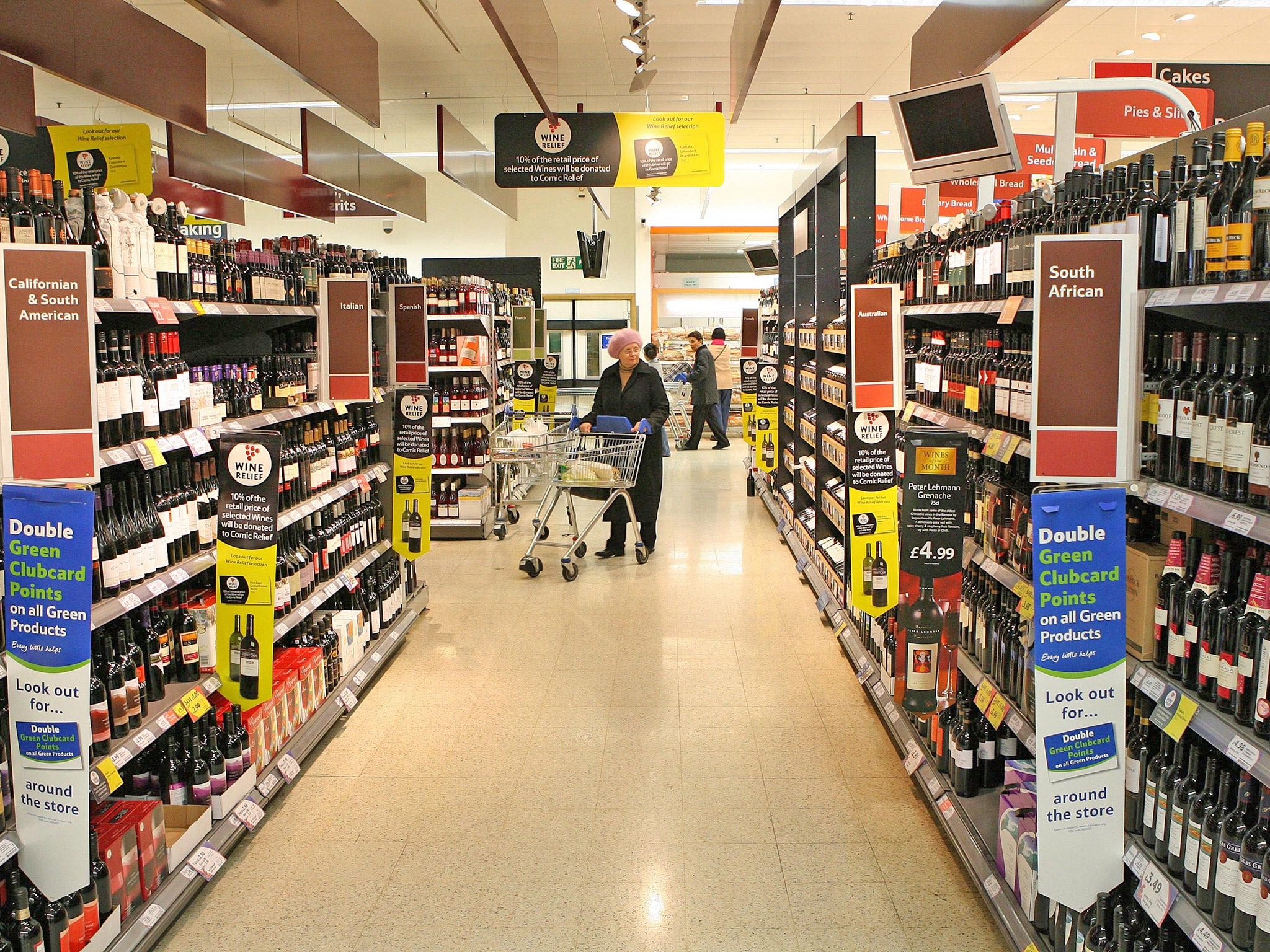Supermarkets 'distorted' scientific findings on alcohol

Leading supermarkets and drinks companies distorted evidence in an attempt to prevent the Scottish Government introducing a minimum price for alcohol, researchers say.
Academics from the London School of Hygiene and the University of York examined 27 submissions by the alcohol industry to the Scottish Government's consultation. They claim the industry "ignored, misrepresented and undermined" the scientific evidence.
Tesco, Asda and the Wine and Spirit Trade Association (WSTA) were among organisations that sowed doubt about the Scottish Government's plans, questioning the evidence on which they were based and citing small, poorly carried-out surveys suggesting they would not curb problem drinking, according to the academics.
Tesco claimed there was "little evidence" to support the impact of prices on consumption, while the WSTA cited a small trial that contained "weak evidence" in support of its counter-view, the researchers say. Asda claimed that minimum pricing would create a black market in alcohol sales. The Portman Group, an alcohol industry-funded organisation which promotes responsible drinking, even warned that restricting sales could create a "mystique" around alcohol, turning it into a more desirable "forbidden fruit".
Dr Jim McCambridge, who led the study published in PLOS Medicine, said: "There is a broad consensus internationally among researchers that the most effective measures to control problems caused by alcohol are to raise the price, control availability and restrict marketing activities. However, our study shows that key players in the alcohol industry constructed doubt about this wealth of scientific evidence and instead chose to promote weak, survey-based evidence, as well as making unsubstantiated claims to their advantage."
But their attempts to derail the Scottish plan failed and the Alcohol (Minimum Pricing) (Scotland) Act 2012, banning the sale of alcohol below 50p a unit was passed in May last year, although it is now being challenged in the courts.
The academics fear that drinks producers and retailers may have used the same methods to stave off attempts to introduce a minimum price in England during the Home Office's consultation on the issue.
A minimum price for alcohol has been backed by David Cameron but now looks set to be dropped amid reports of a cabinet split.
Unlike in Scotland, not all the submissions to the English consultation are publicly accessible, raising "concerns over the alcohol industry's ongoing involvement in alcohol policy-making for England and Wales", the researchers say.
A spokesperson for the Portman Group said: "Our 2008 response is published in full on our website and does not misrepresent anything. In it, we say that public policy should focus on tackling the irresponsible elements of our drinking culture and not penalise the majority of moderate, responsible drinkers who are doing the right thing."
Miles Beale, chief executive of the WSTA, said: "It is disappointing that this study fails to recognise the good work being delivered by the drinks trade, health community and Government working in partnership, as it seeks to deny the trade from contributing to the debate."
Tesco and Asda referred requests for comment to the WSTA.
Tesco claimed there was 'little evidence' to support the impact of prices on consumption
Join our commenting forum
Join thought-provoking conversations, follow other Independent readers and see their replies
Comments
Bookmark popover
Removed from bookmarks